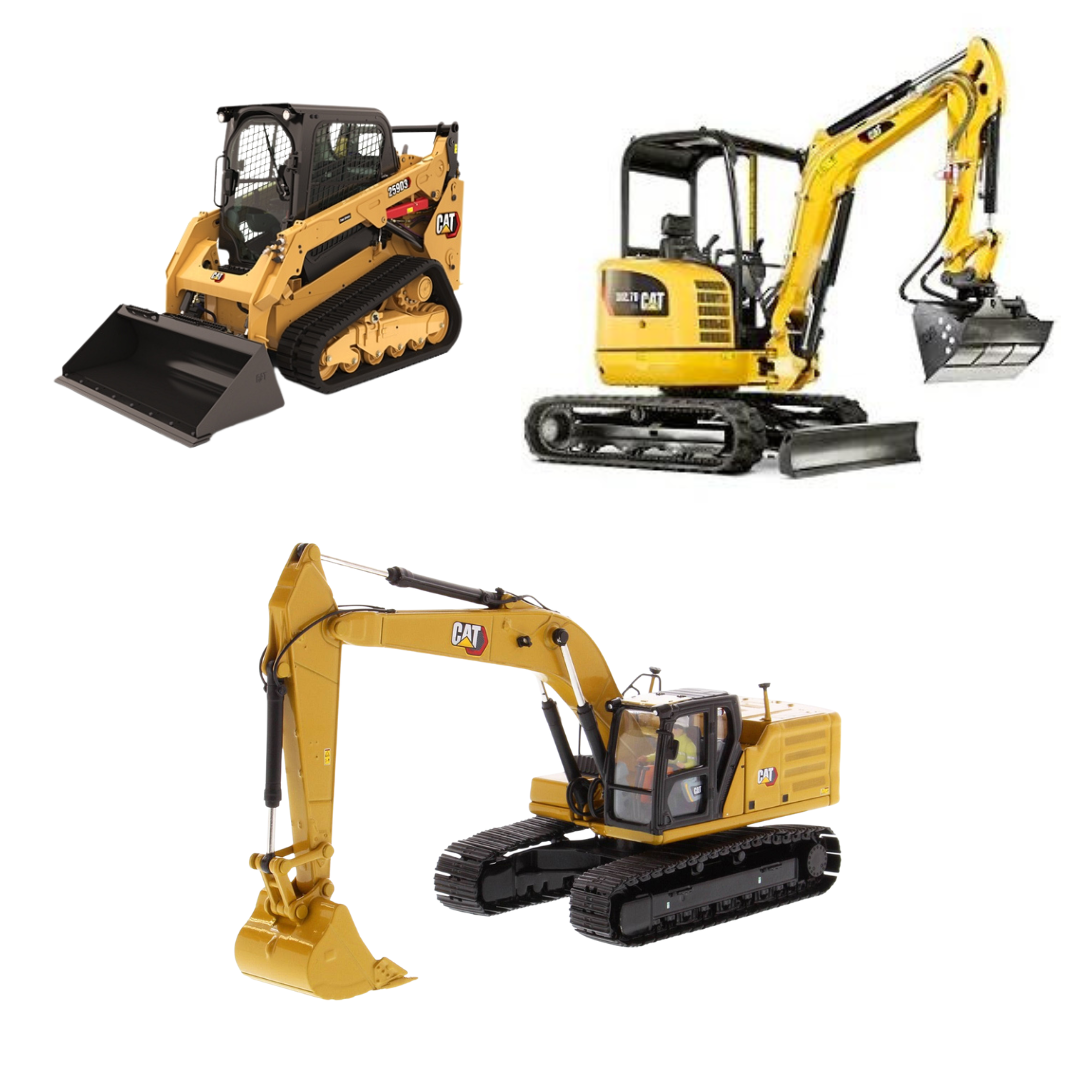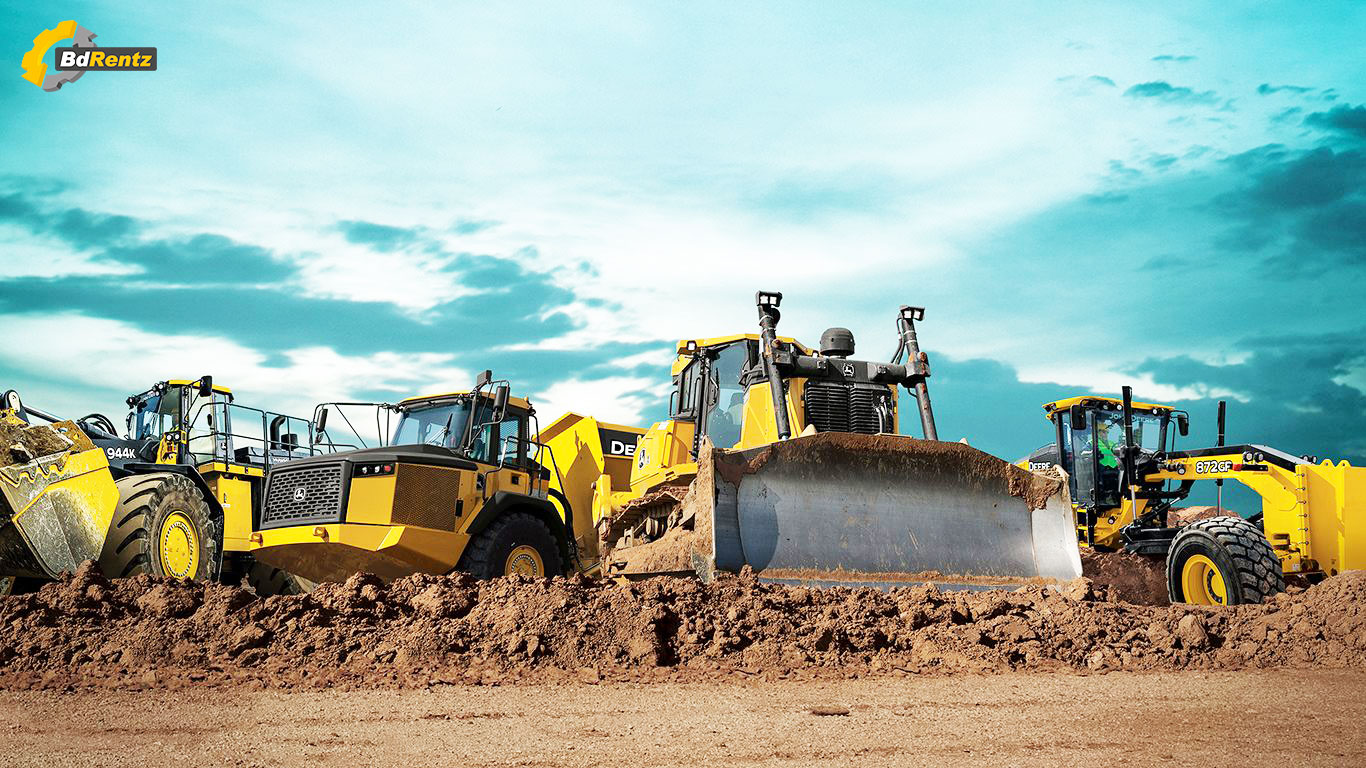Scissor Lift Rental: Safe and Efficient Lifting Solutions
Scissor Lift Rental: Safe and Efficient Lifting Solutions
Blog Article
Optimize Your Budget by Understanding the Expenses Connected With Construction Equipment Rentals
Comprehending the full range of prices associated with building tools leasings is critical for maximizing your spending plan. What techniques can be utilized to successfully handle these expenses and guarantee an extra efficient rental experience?
Review of Rental Expenses
When taking into consideration building equipment rentals, understanding the linked costs is critical for reliable budgeting and project planning. Rental costs can differ dramatically based upon a number of aspects, consisting of tools kind, duration of rental, and place. The first rental fee commonly reflects the tools's market demand and its linked operational abilities, influencing the overall expenditure.
Along with the base rental price, ancillary prices might emerge, such as transportation costs, fuel surcharges, and upkeep charges. It is necessary to represent these extra expenses to precisely assess the total cost of renting out equipment. The rental duration can influence rates; longer rentals may qualify for discounted prices, while short-term leasings could incur higher everyday charges.

Failure of Rental Rates
A thorough understanding of rental rates is essential for service providers and job managers aiming to optimize their budget plans. Rental rates for building tools generally contain several elements, including base rates, time-based charges, and usage charges.
Base rates are the core charges connected with the service of the equipment, usually figured out by the type and size of the machinery. These rates can vary considerably, influenced by elements such as tools demand, accessibility, and regional market patterns. Time-based costs, which might be daily, weekly, or monthly, serve to fit various job timelines and rental periods.
Furthermore, rental rates might consist of usage charges, which are relevant when devices is made use of beyond a defined limit, making sure that the rental firm can account for wear and tear. Seasonal need variations can also impact rental prices, with peak building seasons generally commanding higher costs.
Additionally, comprehending the rental business's plans regarding upkeep and insurance can offer further understanding into the total cost framework. By assessing these parts, contractors can make enlightened choices, making certain the selection of rental equipment straightens with both job demands and spending plan restraints.
Additional Costs to Take Into Consideration
Recognizing the intricacies of added fees is essential for professionals to handle their overall leasing expenditures properly. Beyond the typical rental rates, different additional charges can dramatically influence the total price of tools leasing. These costs often include delivery and pickup costs, which can vary based upon distance and logistics associated with transferring the equipment to and from the task website.
Moreover, some rental business might enforce fuel surcharges if the equipment is returned with less gas than when rented. It is additionally important to be mindful of possible cleaning fees, particularly for customized devices that calls for thorough upkeep after use.

Thoroughly examining the rental contract and making clear these extra costs in advance can aid service providers make certain and avoid unexpected costs that budget plans remain undamaged throughout the job lifecycle.
Upkeep and Fixing Costs
Regular repair and maintenance costs are often ignored factors that can dramatically influence the general price of building tools rentals. When renting out equipment, it is important to take into consideration not only the rental charges yet additionally the possible prices linked with keeping the equipment in ideal operating problem.
Several rental companies include fundamental upkeep as check my site component of the rental agreement; nevertheless, extra unanticipated malfunctions or substantial fixings can lead to additional expenses. It's important to evaluate the rental contract very carefully to comprehend what upkeep solutions are covered and what duties drop on the renter.
Furthermore, equipment that is not well-maintained can lead to inefficiencies at work site, potentially triggering delays and enhancing project costs. To reduce these risks, it is recommended to conduct normal examinations and preserve open interaction with the rental company regarding any kind of problems that emerge during use.
Insurance Policy and Responsibility Expenses
Insurance coverage and responsibility expenses are important elements that can considerably impact the total expenditure of building tools leasings (dozer rental). These expenses make sure that both the rental firm and the client are shielded from prospective financial losses emerging from mishaps, damages, or theft during the rental duration

In addition, clients must know any type of deductibles or exemptions in the insurance plan, as these can impact possible out-of-pocket expenses. Comprehending the conditions of any insurance coverage is diesel engine concrete mixer machine price vital to stay clear of unexpected costs. Eventually, budgeting for insurance policy and liability expenses can assist ensure a smoother rental experience and safeguard against monetary threats associated with construction jobs.
Conclusion
To conclude, a thorough understanding of the expenses connected with building and construction devices services is important for efficient budget plan monitoring. By evaluating rental prices, added costs, upkeep expenditures, and insurance organizations, people and requirements can lessen unforeseen expenditures. This tactical method not only enhances cost-effectiveness but also guarantees that projects proceed efficiently and effectively. Eventually, educated decision-making concerning devices rentals adds to the total success of building endeavors.
Rental costs can differ substantially based visit their website on a number of variables, consisting of equipment kind, duration of service, and location (rental company near me). The rental period can impact prices; longer services may certify for reduced prices, while short-term services may sustain higher day-to-day charges
By carrying out extensive research study and engaging with reliable rental business, contractors can successfully browse the complexities of rental rates, eventually optimizing their monetary sources.
Past the conventional rental prices, various supplementary fees can dramatically impact the overall price of equipment leasing. Rental companies commonly supply responsibility insurance that covers injuries to third events or damages to residential property, while tools damage insurance can cover the expense of repair services or substitute if the rented out equipment is damaged.
Report this page